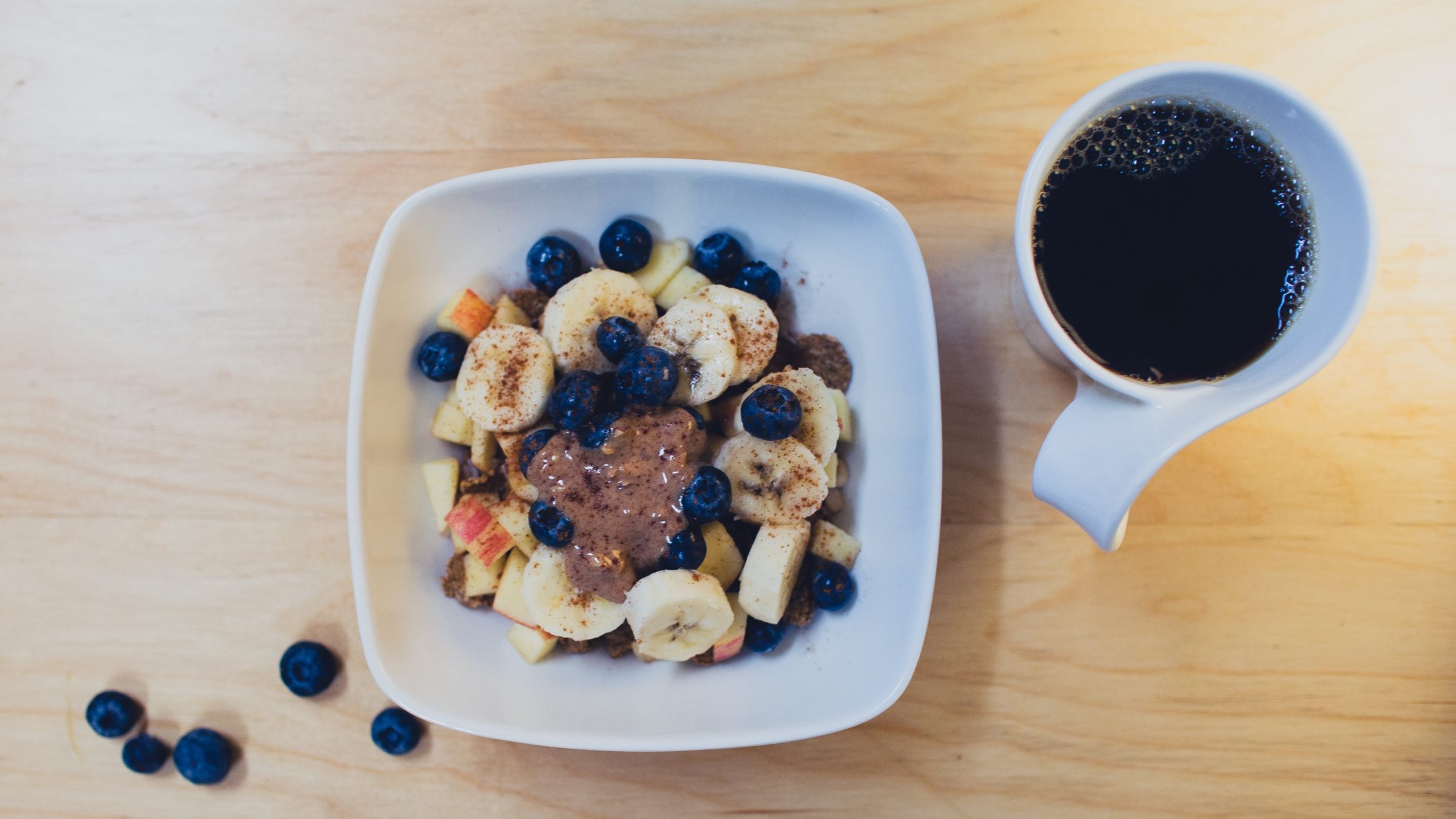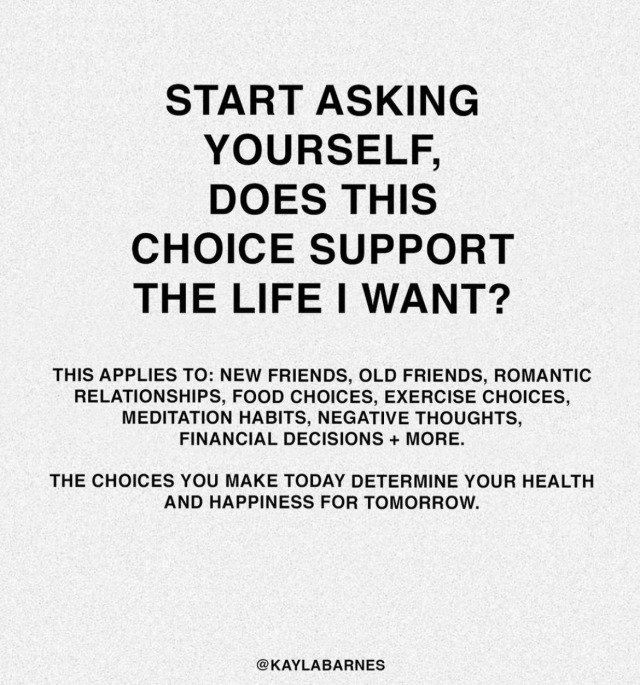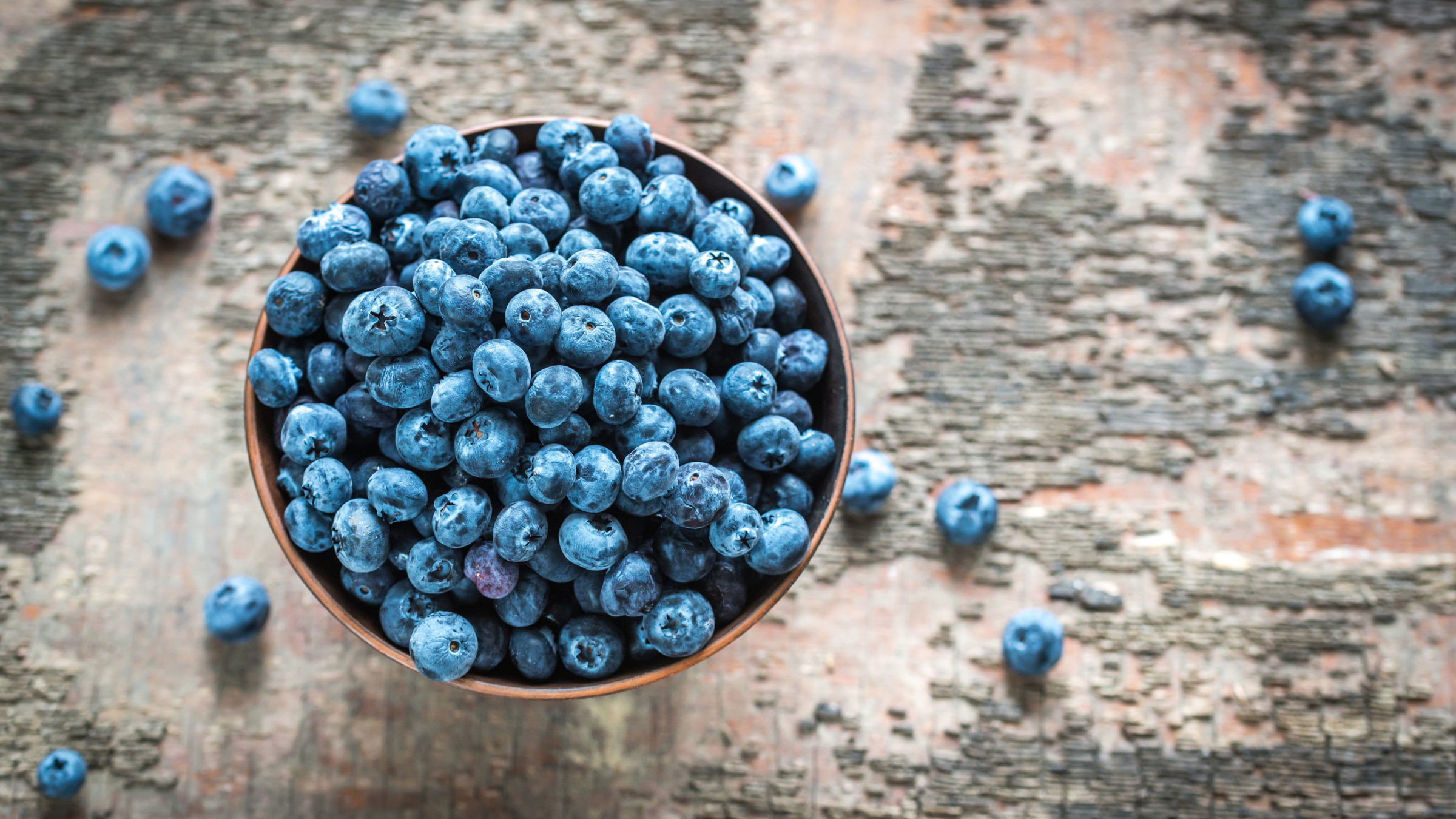
These superfoods are known to enhance brain function and even improve memory. Best of all, they can also help with information retention.
Here are some of the delicious and affordable foods that can really power up your study sessions:
Eggs

There’s a reason why eggs are such an important breakfast staple. They pack quite an amount of choline, which is known to be important for memory function and development. They’re also one of the best ways to get lutein and zeaxanthin, which can improve cognitive function. Don’t skip on the yolks! They contain most of the good stuff for optimal brain function.
Bonus: If you scramble eggs with some of the next items on our list, you will have quite a cognitive pick-me-up!
Avocados
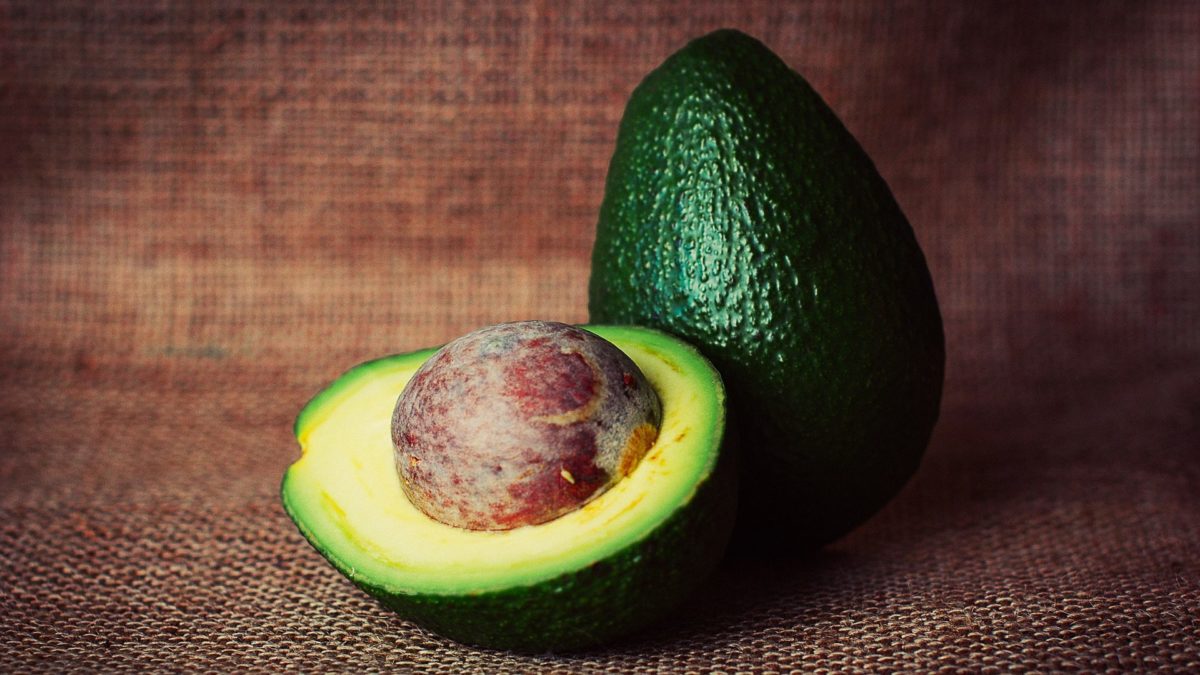
Rich in B, K, B5, B6, and E vitamins, potassium, and folate, avocados promote oxygenation and blood supply to the brain. They contain healthy monounsaturated fats that help improve brain function, which is great for studying and critical thinking!
Blueberries

These little ones contain compounds called flavonoids that improve cognitive functions, learning, memory, reasoning skills, and comprehension. The antioxidants in blueberries stimulate blood flow and oxygen to the brain, which really helps when you’re studying or taking an exam.
The good thing about blueberries is that you don’t have to eat them fresh for the nutrients. Frozen blueberries are just as potent as fresh ones, so buy in bulk and keep in your freezer for a quick snack or a smoothie.
Broccoli
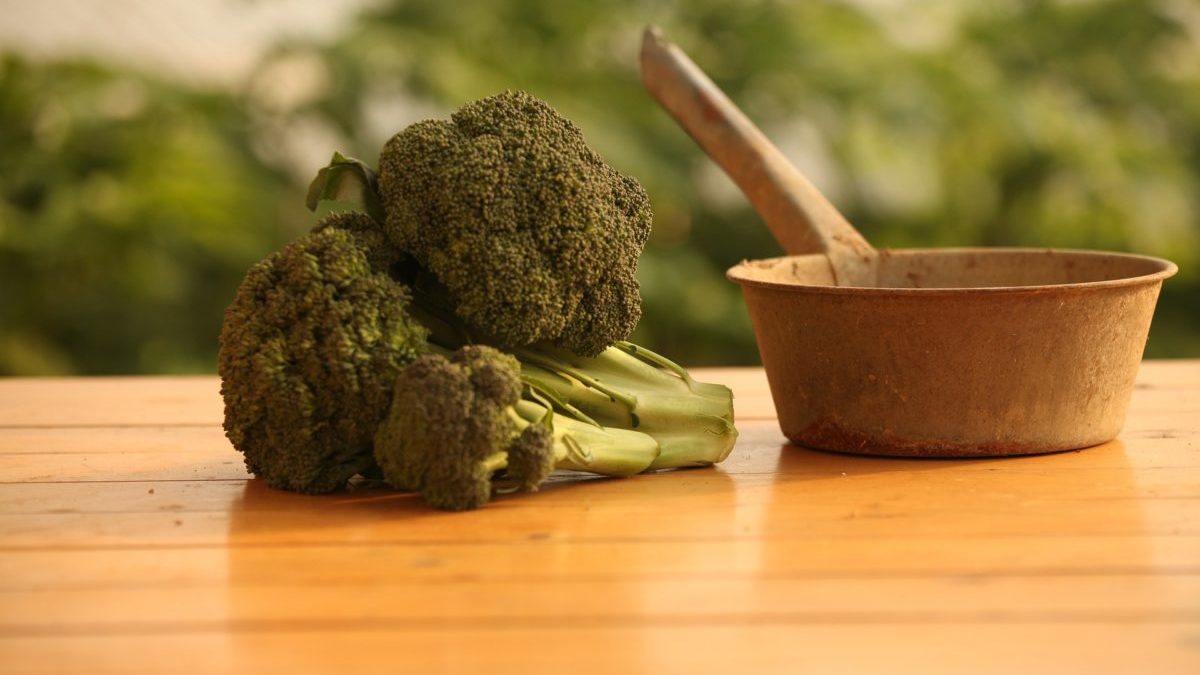
This stalking hulk is high in fibre, vitamins K, C, A, B6, and potassium. Broccoli is also known to improve cognition and psychomotor behaviour. Like eggs, broccoli also contains choline so if you don’t eat eggs then broccoli, or even cauliflower, will be your best bet.
Nuts and Seeds

Almonds, Cashews, (really any nuts) are full of vitamin E, which has been linked to less cognitive decline as you age. They’re also full of healthy fats to help you maintain energy levels during that big exam or study session.
Salmon
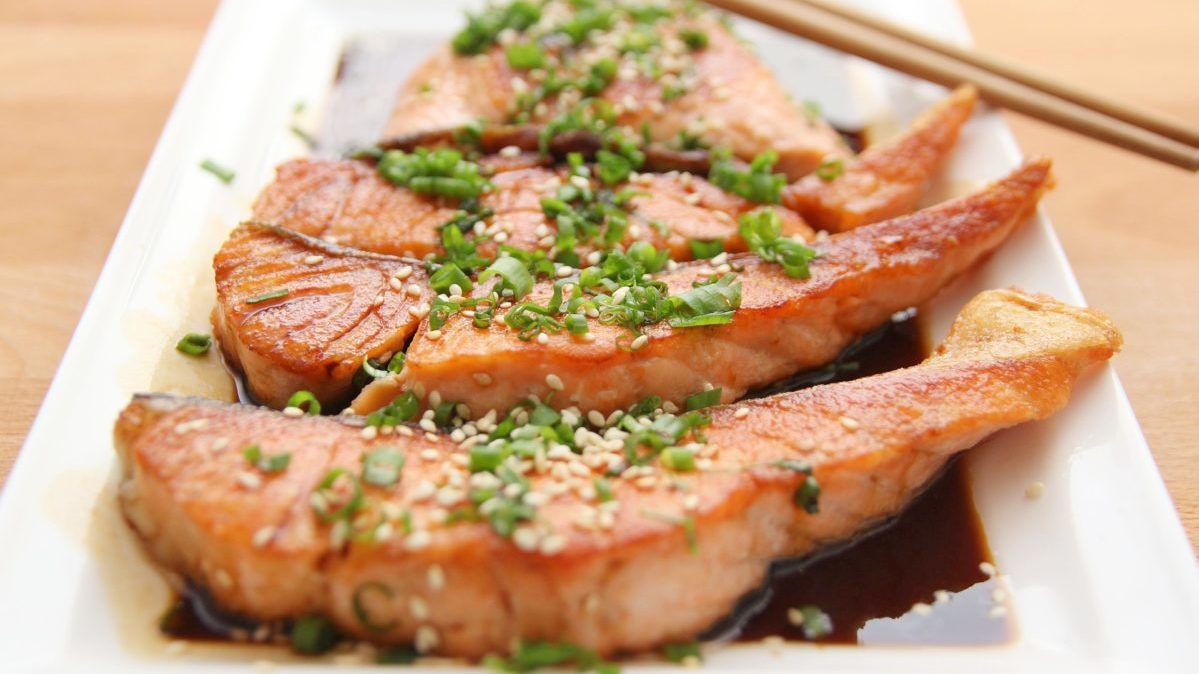
The brain stores a significant amount of fat; in fact, almost 60 percent of it is collected fatty acids. The brain’s fatty acids are docosahexaenoic acid (DHA) and omega-3-primarly found in oily fish. Because your body can’t produce DHA on its own, you need to get it from other sources, like salmon! DHA acts as a shell for your neurons or brain cells, which makes the majority of the membrane, the cell’s outer coating.
These fatty acids protect neurons from injury, reduces cerebral inflammation, and helps neurotransmitters that tell cells what to do. They’re also essential for quick information transfer down to the axon, the neuron’s highway. It is important to keep your shell protected. If you haven’t had your salmon for the week, eat some now!
Food for Thought
All of these superfoods help enrich your thinking cap and make for a better study session. Whether you’re eating lunch, dinner, or even a snack, you can incorporate any one of these supplements for a healthier mind and body.
Are Some Study Snacks Rude?
You’ve grabbed some grub on your way out the door so you don’t starve between classes. All good. Just make sure your snacks don’t drive other students crazy.
Slurp, slurp. Crackle, crackle. Crunch, crunch. These are some of the annoying sounds your fellow students make as they feast on all kinds of messy, noisy food in the library and during class. All that chomping and guzzling can drive you crazy, not to mention the smells that float through the air from fried onions and tuna salad.
Milo Goodman, a marketing senior at Emerson, is among those whose concentration is shattered when those around him indulge in lip smacking in his school’s library. “Our building has vending machines that are mainly stocked with chips and other crunchy foods, so noisy snacking is a common occurrence,” he said. “There’ve been times when I ended up leaving the library and working on the floor in an empty hallway in search of silence.”
One law student became so incensed by the parade of offensive food brought to class that he posted an email to his classmates, where he ranted:
“I beseech you to please wait out the first hour before unfolding and then munching away like a horse on your chosen dish, which turns our classroom into a stable. To put it politely, your constant eating/chewing/crunching/the SMELL is wholly distracting the rest of us from learning.”
That crazy-mad guy has a point. If you’re too starved to wait for lunch or dinner, it’s worth considering (and sourcing) some “polite” snacks that won’t bring on the haters, and are delicious and healthy to boot. Here are some guidelines for doing that.
Turn down the volume
Bananas

Better than: Apples
Bonus points: Bananas are rich in potassium, which helps your muscles recover from a workout. They also contain vitamin B9 (a.k.a. folate), a nutrient that may ward off depression. Besides mood-boosting B9, bananas also have tryptophan, a precursor for the synthesis of serotonin, the brain chemical that can help relieve anxiety.
Smoothies

Better than: Fizzy, burp-inducing soda
Bonus points: Add blueberries to your smoothie. They’ve got tons of health benefits, which include improving concentration and memory.
Mild cheese

Better than: Chips and crackers — which are both noisy and non-nutritious.
Bonus points: Cheese is a smart snack, as well as a comfort food. It’s rich in calcium and phosphorous, which support healthy bones and teeth. If you’re looking for real sticking power, pair some cheese with a piece of quiet fruit like a soft pear for fiber, says nutritionist Jennifer Markowitz. Grapes are a good option too.
Stop the stink
Turkey or lean ham on a whole grain roll (cheese and tomato optional)

Better than: Microwave popcorn, raw onions, or fish. To you it’s delicious. To everyone else it’s like a punch in the face. According to some, these are among the top smell offenders for offices, so best to nix the habit now.
Bonus points: Turkey is a great source of lean protein. Proteins are the body’s building blocks, used to make bones, muscles, skin, and blood. Incorporating lean protein into your diet is an important part of a healthy eating plan. Whole grains are high in fiber, which keeps the pipes from clogging up.
Peanut butter on whole wheat bread, with or without jelly

Better than: A hot dog with sauerkraut or other fixings. Many people find the smell of hot dogs nauseating, and sauerkraut doesn’t rate much better. Also, keep in mind that the processed meat in wieners is associated with an increased risk of colon cancer. Plus, they’re loaded with belly-bloating sodium.
Bonus points: Peanut butter is a great source of plant-based protein, and the whole grains add filling, healthy fiber. If you’re allergic to peanut butter, try almond or sunflower seed butter, two delicious alternatives.
Baked sweet potatoes

Better than: Fast food. For some of us, the scent of Mickey D’s fries creates unwanted mouth watering; for others, it’s just wretched. In any case, you can smell fast food a mile away, so be thoughtful of your study mates. If you need another reason to lay off the fries, consider this: One of the 19 (nineteen!) ingredients in McDonald’s fries is dimethylpolysiloxane, an anti-foaming agent! Plus, Markowitz says that fried food puts a dent in your brain power. Your body will send blood and tons of energy to your gut to digest such a greasy meal, which means you’re more likely to feel fatigued and lack focus.
Bonus points: Many nutritionists call sweet potatoes one of the planet’s healthiest foods. They’re rich in lots of antioxidants, minerals, and vitamins, especially vitamin A, which plays an important role in maintaining healthy vision and neurological and immune system function.
Greek yogurt

Better than: Hard-boiled eggs. Though eggs are actually one of the great superfoods, you won’t win any friends if you crack open a hard-boiled egg in the middle of class or a study session. The smell of sulfur can be overpowering.
Bonus points: With 250 milligrams of bone-building calcium, you can’t go wrong with yogurt. For the best protein boost, Greek-style yogurts like Chobani and Fage offer 50% more protein than other types, even after you adjust for the different serving sizes. They’re also thicker and creamier. Sprinkle some granola, raisins, or mixed nuts on plain yogurt. Fruit flavored yogurt is fine, but it has more sugar.
And clean up after yourself
Now that you’ve cleaned up your snack act, go a step further and clean up after yourself. Clear away crumbs, and toss any leftovers in a closed container or plastic bag. Wipe down your desk with a paper towel or portable wipes. Be considerate of the next person to fill your chair.
If you’re absolutely craving some curry in a hurry or a scoop of tuna salad with crackers, plan on enjoying your meal in an open cafeteria, in a restaurant, or outdoors, beyond earshot and the sensitive sniffers of those who are seeking peace and quiet and trying to concentrate on their studies.
Fast and Healthy Breakfasts for Lasting Energy
What you eat first thing in the morning can impact your entire day. Here, are ideas for a tasty—and nutritious—breakfast of champions.
You’ve heard it before, and you’ll hear it again: Breakfast is the most important meal of the day. Eating a healthy breakfast can mean the difference between having a terrible or an awesome day, and whether you’re taking classes, interning, or holding down a job, you want to have a lot of awesome days.
Your brain and body rely on you to eat foods that keep them awake and alert throughout the day. Unfortunately, the temptation to scarf down a bowl of sugary cereal is strong if you’re running out the door. It’s quick and easy—we get it. But why not make something easy that’s also healthier, more delicious, and more likely to help you succeed?
Take a smarter approach by choosing one of these 4 breakfasts. Some will take a little prep ahead of time, but it’s worth it for a meal that will power you up and give you lasting focus and energy throughout the day.
1. The breakfast burrito
The tortilla is the perfect vessel for practically anything, which gives you an opportunity to build a delicious breakfast that keeps you fuelled and energized for hours. When making the perfect breakfast burrito, it’s all about choosing the right combination of ingredients—obviously, this could head in a very unhealthy direction if you go overboard.
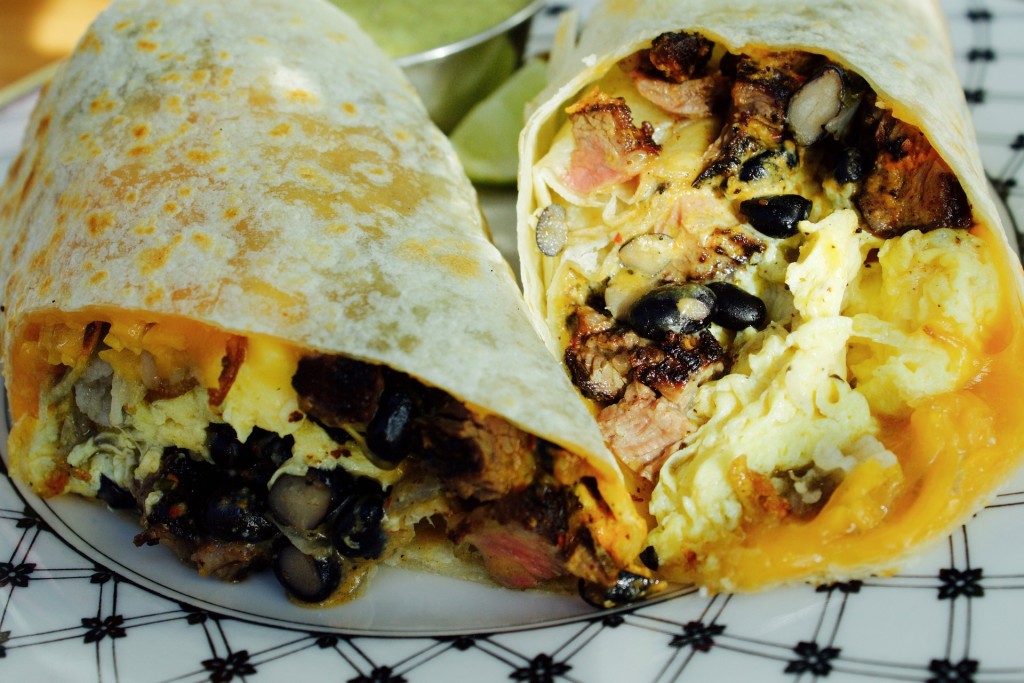
A delicious and healthy breakfast burrito could include:
- Scrambled eggs (or egg whites!)
- A whole-wheat tortilla
- A little cheese
- Spinach or mixed greens
- Black beans
- Fruit salsa (such as chopped mangoes or apples)
- Real salsa
- Avocado
- You name it!
The eggs and/or beans provide plenty of protein to help you feel full all morning. The whole-wheat tortilla provides carbohydrates that your body can slowly convert into energy throughout the day. Adding spinach gives you extra iron so you don’t feel tired. The fruit salsa plays an important role by adding vitamins, minerals, and antioxidants as well as general deliciousness.
The cheese? It adds some protein. Mostly, though, it just tastes good!
2. Steel-cut oats with fruit
Steel-cut oats take more time to make than instant oatmeal, but they’re packed with more of the nutrition you need to stay sharp. A serving of steel-cut oats has about 170 calories. What’s impressive is that 117 of those calories come from carbohydrates, 28 from protein, and 25 from fat. That combination equals a full belly and energy that will keep you going.
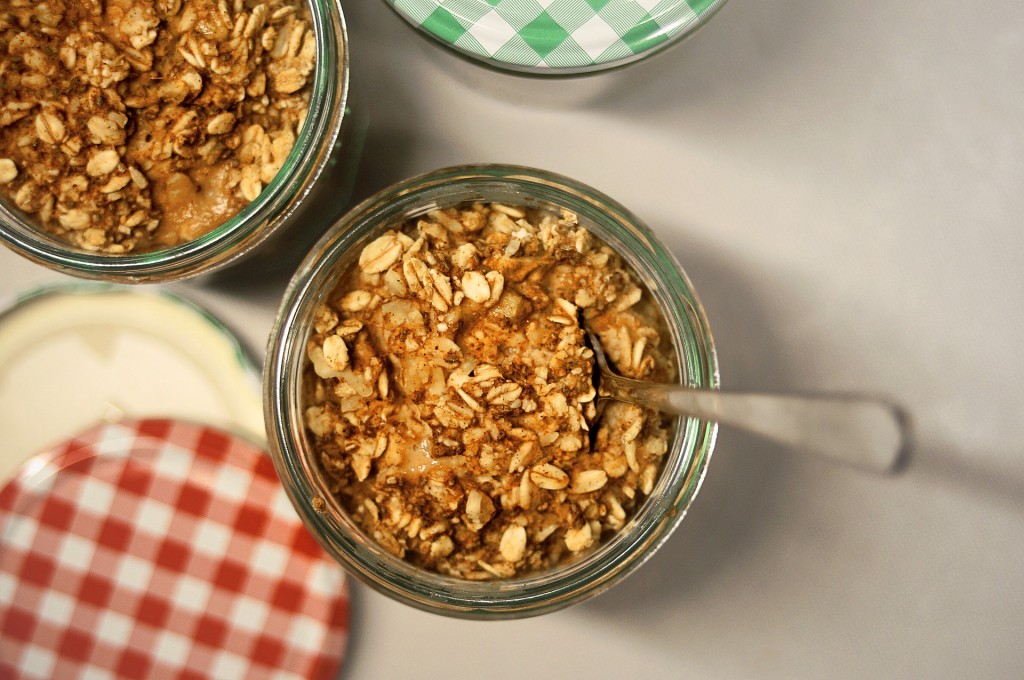
Adding some fruit boosts the taste and nutrition of your bowl of oats. Blueberries, strawberries, and raisins, for example, bring much-needed antioxidants and vitamin C to your morning meal.
A little butter or milk can also level up your oatmeal game, since they’re both rich sources of protein.
3. Energy bars made from scratch
Pulling an all-nighter—whether for school or work—is rarely an effective strategy (and usually not a good look the next day). But sometimes the days just get away from you, and a paper or project needs to get done. When that happens, you’ll need an easy breakfast that will jump-start your body and mind.
Yes, you can buy energy bars at the grocery store, but they’re expensive and often full of questionable ingredients. By making them at home, you’ll have a healthy breakfast option on mornings when you don’t have time to eat a full meal.

For protein to keep you full until lunchtime, use hearty grains and nuts as your bar’s base. Peanut butter makes an excellent binder for oat-based bars. Add chia seeds and dried fruits for antioxidants. For a dose of caffeine, include chunks of dark chocolate.
4. A big salad and a bagel
Salad for breakfast might sound a little weird, but it’s a great way to start your day. (And it isn’t unusual in other countries. In Japan, for example, the morning meal often includes vegetables and a small salad.) We’re not talking wilted lettuce and out-of-season tomatoes; we mean a big salad full of fresh ingredients.
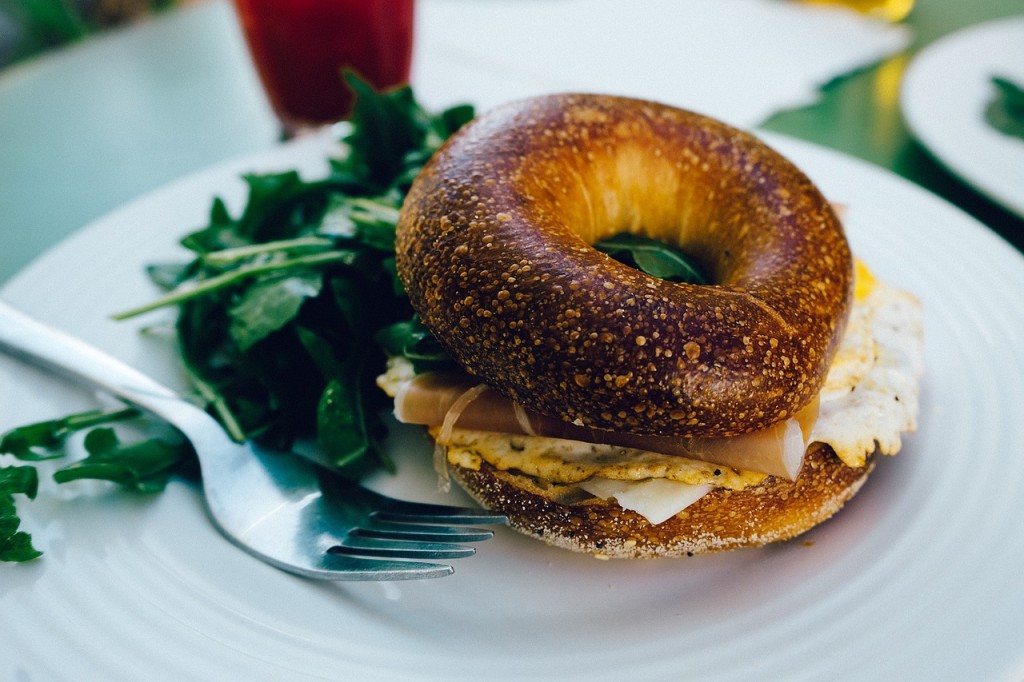
Consider mixing together any of these:
- Spinach
- Eggs
- Carrots
- Fresh tomatoes
- Pine nuts or walnuts
- Sliced cucumber
- Any other seasonal veggie!
Each of these foods adds essential nutrition to the salad. Spinach, of course, is full of iron. The eggs and nuts give you protein to keep you feeling full. The carrots, fresh tomatoes, and sliced cucumbers give you an assortment of vitamins and minerals, including vitamin K, vitamin A, and vitamin C.
Wondering where the carbohydrates for prolonged energy will come from? Add a whole-grain bagel to solve that problem. You can up your protein intake by spreading a little peanut butter on it.
What you eat at breakfast can have a big impact on your success throughout the day. Make your goals easier to reach by fuelling up on a nutritious breakfast every morning. You are what you eat—so eat smart!
HAMNIC Solutions is here to support your graduate journey. Our professional writing and editing expertise helps you manage your academic workload, reduce stress, and focus on well-being for a balanced academic and personal life. Visit HAMNIC Solutions to learn how we can make your student life easier and healthier, enabling you to achieve your academic ambitions without sacrificing a balanced lifestyle.
Comments
There are no comments yet.



















